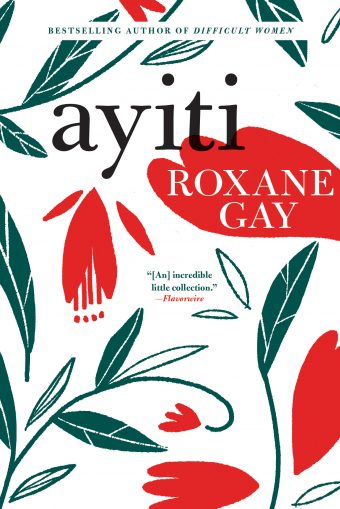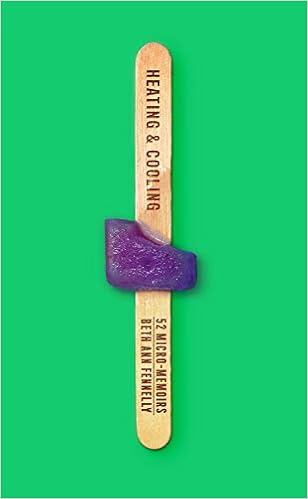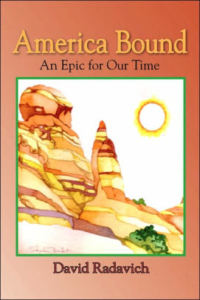Fiction Worth a Listen for Book Clubs
Of course, an audiobook is a “real book.” Don’t let anyone try to shame you with their belief that listening to a book isn’t “real” reading.
I’ve been reading books with my ears since the 1980s. First, I listened to them on cassettes, then CDs, before joining the Audible digital subscription service circa 2000. I always listen to a sample of the narration before downloading and have been known to give an audiobook a try if it’s read by a narrator I love—even if it’s out of my favorite genres.
Give both fiction and nonfiction a try—you might have a different preference for your ears than for your eyes. Free audiobooks are available through most public libraries.
“Cheating” with an abridged audiobook
Sometimes your book club decides on something not quite to your taste; sometimes you don’t have time to read the whole book but still want to attend your book club meeting.
When faced with either of these socially-awkward situations, look for InstaRead Summaries. Some are pure summary in less than half an hour, others are chapter-by-chapter summaries. I’ve never seen one run over an hour.
Circe by Madeline Miller, narrated by Perdita Weeks

The audiobook “Circe” is pure perfection in story and narration.
Of the hundreds (thousands?) of books I’ve listened to, one stands alone: Circe, written by Madeline Miller and narrated by Perdita Weeks.
Since this is a post on audiobooks, I’ll start by raving about this narrator. It’s one thing to accurately read the text and pronounce the words (not all narrators accomplish this low bar), but Perdita Weeks breathes life into every syllable. Honestly, I could listen to her draw breath.
It’s the perfect book club book no matter how you read it. Here’s an online readers guide.
Ayiti, written and narrated by Roxane Gay

Not all authors are good narrators, but Roxane Gay is both. This audiobook can be read in about three hours; the perfect follow-up to a saga on your book club’s lineup.
You may be familiar with her work as a contributing opinion writer for the New York Times, or her essay collection, Bad Feminist.
Ayiti is her first book. It packs emotional wallop after wallop as Gay explores the Haitian diaspora experience in a unique blend of fiction, nonfiction, and poetry.
The stories alone will make your club’s facilitator’s job easy, even without a reading guide. They touch on sexism, racism, capitalism, American values, and so much more.
From the Publisher: In Ayiti, a married couple seeking boat passage to America prepares to leave their homeland. A young woman procures a voodoo love potion to ensnare a childhood classmate. A mother takes a foreign soldier into her home as a boarder, and into her bed. And a woman conceives a daughter on the bank of a river while fleeing a horrific massacre, a daughter who later moves to America for a new life but is perpetually haunted by the mysterious scent of blood.
The Paris Architect, by Charles Belfoure, narrated by Mark Bramhall
 This year I read a good deal of historical fiction since I’m writing a novel set in 1943 and 1967.
This year I read a good deal of historical fiction since I’m writing a novel set in 1943 and 1967.
The Paris Architect, by Charles Belfoure, as narrated by Mark Bramhall, helped me well exceed my daily 10,000 step goal. The narrator personified each character beautifully, and with the polyglot’s command of pronunciation and inflection. This is where an audiobook outshines its printed counterpart.
Summary: A gentile in Nazi-occupied Paris, architect Lucien Bernard detests Jews. But he can’t resist the challenge of designing concealed hiding spaces—behind a painting, within a column, or inside a drainpipe—that are invisible to the average eye.
Of course, inevitably, one of his clever hiding spaces fails horribly and the immense suffering of Jews becomes incredibly personal.
Here’s an online Reading Guide for your book club.
Be sure to check out Charlotte Lit’s Tips for Building A Better Book Club.







 The events of September 11, 2001 changed our nation––and the world––forever. This year, in commemoration of the day, Charlotte Lit will host the first-ever dramatic reading of David Radavich’s “America Bound: An Epic for Our Time,” a poetry collection that explores the physical and emotional impacts of our nation’s history since World War II.
The events of September 11, 2001 changed our nation––and the world––forever. This year, in commemoration of the day, Charlotte Lit will host the first-ever dramatic reading of David Radavich’s “America Bound: An Epic for Our Time,” a poetry collection that explores the physical and emotional impacts of our nation’s history since World War II.